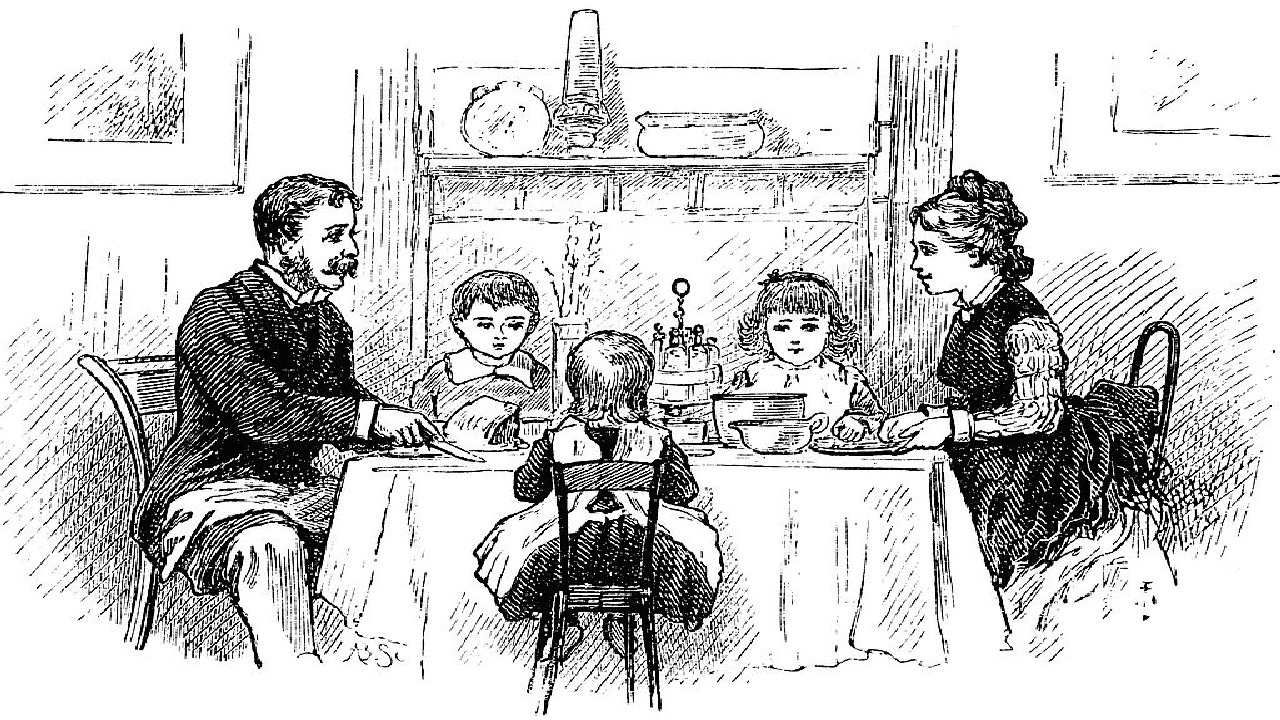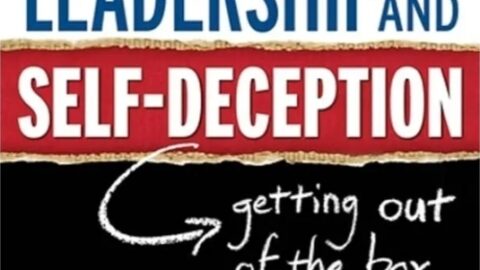Beneficial
Exactly how do alternative lifestyles and alternative family constellations work against the best interests of the individual involved, the families involved, and the greater good of communities, states and our nation? One of the first things that need to be mentioned is that there are certain broad benefits that accrue to those living in a traditional marriage or traditional family unit. Those benefits can be classified into groups, such as physical health, spiritual or emotional health and happiness, economic, social, political and other benefits. As a former Secretary of Agriculture, Ezra Taft Benson, broadly stated it:
No nation rises above its homes. In building character, the church, the school, and even the nation stands helpless when confronted with a weakened and degraded home. The good home is the rock foundation–the cornerstone of civilization. There can be no genuine happiness separate and apart from a good home, with the old-fashioned virtues at its base. If your nation is to endure, the home must be safeguarded, strengthened, and restored to its rightful importance. (31)
Or as another expert at the J. Reuben Clark law school put it:
Committed heterosexual marriages provide the best setting into which children can be born and reared. Dual-gender parents show children how to relate to other people, provide the safest and most stable compassionate unit of society, and offer the most secure setting for the sharing of social knowledge and skills. (32)
According to Patrick F. Fagan, of the Heritage Foundation, the
“safest environment for a child, that is, the family environment with the lowest risk ratio for physical abuse, is one in which the biological parents are married and the family has always been intact.”
Further, the statistics for abuse rises sharply when alternative family constellations are adopted afterwards. Abuse for children in families other than the traditional rises at the following rates:
- 6 times higher than the traditional family when the mother remarries
- 14 times higher if the child lives with the biological mother who lives alone
- 20 times higher if the child lives with the biological father who lives alone
- 20 times higher if the child lives with the biological parents who are not
- married but are cohabitating
- 33 times higher if the child lives with the biological mother who is cohabitating with another man (33)
Regarding children and the “best setting” into which they can be reared, it is interesting to note that the French Parliament recently rejected the legalization of adoption or medically assisted procreation by partners in homosexual marriages.(34) They noted that
“Marriage is not merely the contractual recognition of the love between a couple; it is a framework that imposes rights and duties, and that is designed to provide for the care and harmonious development of the child.”(35)
It is clear, to the French at least, that the traditional family is the best setting for children.
Children who come from traditional families are also less likely to have to endure the hardships that come with poverty. The percentage of children in poverty, according to one study, of children in poverty according to family arrangement are as follows:
- 12% of children from 1st marriage, traditional families
- 13% of children from subsequent marriages
- 31% of children from divorced families
- 39% of children from cohabitating parents
- 41% of children with parents who are separated
- 67% of children from a mother who never married (36)
Harmful
If the traditional heterosexual marriage provides the best setting for children, it stands to reason that any deviation from that ideal would be harmful. But those harmful effects are not confined solely to children, there are other detrimental effects.
First of all is the legal consideration. The fact is that homosexual relationships simply do not fit “fit the minimum necessary condition for a marriage to exist–namely, the union of a man and a woman” and the institution of marriage itself is not a creation of the law–it predates both the Constitution and the law. (37) Therefore, as it stands right now same-sex partners, in every state of the Union, are denied the right to legally marry (this was true in 2006 when this article was first written, but no longer true today–June 2023). Because homosexual relationship partners are denied the legal benefit of marriage some societal turmoil results. For instance, partners in a same-sex relationship do not have the legal (tax benefits, inheritance, etc.) or financial (health insurance and other) benefits that married couples have. (38) For instance, families can be torn apart-if there are any children involved, they can be taken away from the remaining partner in the case of death or “divorce.” There is no right of inheritance. The remaining partner has no say in speaking up for the wishes of a deceased or seriously ill partner.
But suppose the laws throughout the different states were changed and same-sex marriages, or at least civil unions, were now allowed. How would that impact the law and society? At least one study suggests that such a change would negatively impact society by ignoring those who share a “household” but are not at all interested, legally or otherwise, with marriage. People such as
“a daughter living with her elderly mother, a grandson living with his infirm grandfather, a friend who looks after a disabled person on a long-term basis, or two friends sharing on a long-term basis.” (39)
These are people who appear to be in much greater need of support by government that would be completely ignored.
Other studies suggest that homosexual marriages would deny certain benefits to society. Things such as:
- Foster the bonding between men and women
- Foster the birth and rearing of children
- Foster the bonding between men and children
- Foster some form of healthy masculine identity
- Foster the transformation of adolescents into sexually responsible adults (40)
Homosexual partners are also more likely to: transmit disease; participate in abuse or violence; have greater health, emotional, or behavioral problems; have higher illicit drug use; have higher frequencies of arrests; subsist at poverty levels; have higher rates of school failure or expulsion. (41)
There are other reasons to avoid legalizing same sex marriages or authorizing civil unions between those of the same sex. Reasons such as:
- Children born either through the use of in-vitro technology or the use of surrogate mothers still hunger for their biological parents
- A child’s need for a father
- A child’s need for a mother
- Children raised in same sex homes have a higher incidence of gender and sexual disorders
- Same sex marriages would most likely undercut the norm of sexual fidelity within marriage
- Falling fertility rates
- An absence of the domesticating influence that women and marriage have on men (42)
To avoid these health and safety problems then, society in general and the legal profession specifically, needs to reject any attempt to normalize or legalize same-sex civil unions or to redefine marriage to include same-sex couples. On the other hand, there are certain general or broad benefits to society in general and traditionally married couples in specific that come from living within a traditional marriage and of living a traditional lifestyle.
Endnotes
- Ezra Taft Benson. Conference Report, April 1966, 130.
- Wardle, Lynn D, as quoted by Church News. “LDS Media: Failure in Home Fosters Trends to Alternatives.” 1997. Infobase Media. 22 Apr. 2006 http://www.ldsmedia.com/2286519.
- Fagan, Patrick F. “The Child Abuse Crisis: The Disintegration of Marriage, Family, and the American Community.” The Heritage Foundation. 1997. Issue in Brief: Family and Marriage. 27 Apr. 2006 http://new.heritage.org/Research/Family/BG1115.cfm.
- Weston, John-Henry. “French Government Report Says No to Homosexual Marriage.” 2006. 22 Apr. 2006 http://www.lifesite.net/ldn/printerfriendly.html.
- Ibid.
- The Heritage Foundation. “Map of the Family: Children in Poverty by Family Structure.” The Heritage Foundation. 2005. 27 Apr. 2006 http://new.heritage.org/Research/Family/Mapofthefamilycharts.cfm.
- Sprigg, Peter. “Questions and Answers: What’s Wrong With Letting Same-Sex Couples “Marry?”.” Family Research Council. 2006. Family Research Council. 27 Apr. 2006 http://www.frc.org/get.cfm?i=IF03H01.
- The Traditional Values Coalition. “Special Report: Homosexual Civil Unions.” 2005. The Traditional Values Coalition. 10 April 2006. http://www.traditionalvalues.org/pdf_files/CivilUnions.pdf.
- The Christian Institute. “Gay Marriage in all but name: How Civil Partnerships equate Holy Matrimony with Homosexual Liaisons” The Christian Institute. 2004. http://www.christian.org.uk/civilpartnerships/booklet_may04.pdf.
- Sprigg, Op Cite.
- Ibid.
- The Witherspoon Institute. “Top Ten Social Scientific Arguments Against Same Sex Marriage” The Witherspoon Institute. 2006. http://www.winst.org/top%20ten%20lists.html.







